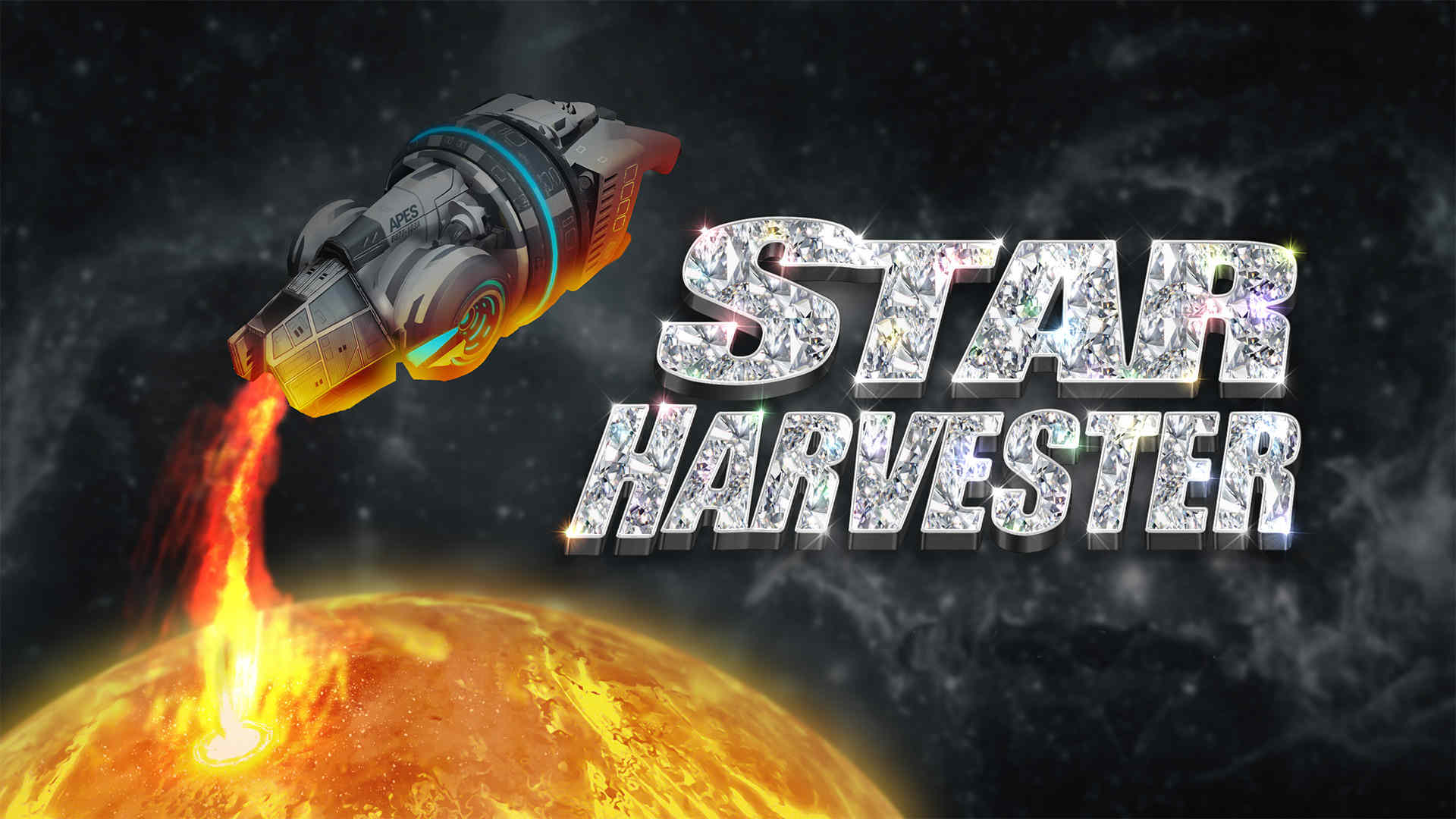Blockbusters is a prototype fast‑paced “unfair sport” where contestants sabotage each other to mine and capture gems, specifically for the Noisebridge 1v1 Coffee Table community. The project is free and open source on GitHub.
Community Feedback & Early Playtesting
Opening up Blockbusters allowed players and developers alike to dive in early—testing mechanics, iterating on gameplay, and giving feedback. That organic loop of iteration drives sharper design and smoother systems.
Transparency in Development
The Unlicense means anyone can use, modify, or build upon the project without constraints. It’s empowering: not just for players testing the dabbling in features, but for fellow creators eager to tinker or contribute.
Showcasing the Engine Behind the Scenes
Blockbusters serves as a preview—a tangible taste of the mechanical DNA of what’s heading to Star Harvester. Players get hands‑on experience with core dynamics before the main game launches.
What Blockbusters Teaches Us
Blockbusters acts as a “gameplay nutrients” sandbox—it lets players internalize mechanics while offering direct feedback that can shape Star Harvester’s final form.
- Fast, tense competitive mechanics: Grab gems, strategize sabotage, outmaneuver opponents.
- Sabotage as a tool: True to the Star Harvester ethos, gameplay rewards baiting your rival into doing the dirty work.
